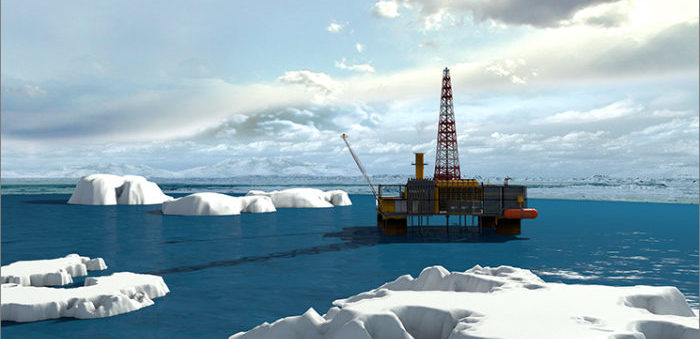Governments should cease oil exploration in the fragile Arctic environment amid the rising threat of global warming, said Christiana Figueres, who was a former chief of the UN Climate Change Secretariat, when 200 countries signed the Paris agreement back in 2015.
The past three years have been the hottest of the century, posing a threat to every region, from Australia’s Great Barrier Reef to ice in Antarctica, Mrs. Figueres told Reuters.
The former diplomat also underlined that it made no economic sense to explore in the Arctic, as the uptake from this exploration would likely take several years. In contrast, capital investment would be more beneficial to renewable energy projects, such as solar and wind to cut emissions, she said.
The Paris Agreement seeks to strengthen the global response to the threat of climate change by keeping a global temperature rise this century well below 2 degrees Celsius above pre-industrial levels and to pursue efforts to limit the temperature increase even further to 1.5 degrees Celsius. This global ambition however has been moderated by the recently announced withdrawal of the US from the Paris accord.
Many governments and companies are in favor of Arctic drilling. Global warming is also making the Arctic more accessible to shipping and exploration.
In late March, US called for nominations covering a proposed lease sale in Alaska’s Beaufort Sea Planning Area in 2019. In Norway, oil major Statoil and other companies plan to keep up exploration in the Arctic Barents Sea, which is ice-free further north than other parts of the Arctic thanks to the warm Gulf Stream.
Earlier in May, HSBC, Europe’s biggest bank, announced that it will no longer provide project finance for new coal power plants, arctic drilling, as well as new tar sands projects, as part of its new Energy Policy.































































